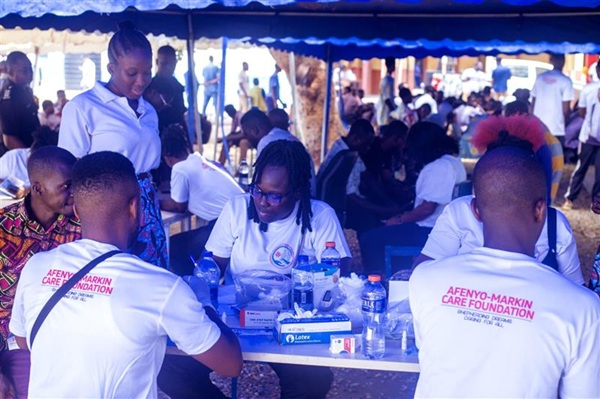Modernizing Healthcare Through AI and RPA
the rapidly shifting terrain of digital health, few voices bring the clarity and analytical depth of . In his latest exploration, he unpacks the intersection of Artificial Intelligence (AI) and Robotic Process Automation (RPA) in transforming healthcare systems. As a respected researcher in healthcare innovation, he presents a balanced view of opportunities and challenges embedded in this technological evolution.
Far from mere technological trends, AI and RPA are now instrumental in fundamentally reconfiguring how modern healthcare systems function. These powerful tools are not limited to automation gimmicks—they offer meaningful advancements in clinical decision-making, operational streamlining, administrative support, and patient-centered services. By pairing cognitive computing with enhanced process efficiency, the healthcare sector gains a resilient, integrated framework that can adapt to rising demands, growing complexities, and rapidly evolving care environments.
The adoption of AI and RPA in healthcare is neither straightforward nor universally embraced. Organizational inertia remains a central barrier. Lack of leadership engagement, insufficient infrastructure, and resistance to change create friction in digital integration efforts. Additionally, professionals face a steep learning curve in adapting to technologies that challenge long-standing workflows. For these innovations to take root, healthcare institutions must commit to cultural shifts, strong training ecosystems, and resilient infrastructure.
One of the most promising applications of AI in healthcare lies in financial management and resource optimization. Through advanced predictive analytics, institutions can allocate resources such as beds, staff, and critical equipment with precision. These intelligent algorithms empower decision-makers to reduce costs while maintaining or even enhancing the quality of care. The result is a more efficient, data-driven system that aligns financial strategies with clinical priorities and outcomes. This doesn’t just lead to savings—it streamlines operations, boosts patient satisfaction, and improves care delivery at every level of the organization.
Administrative optimization is another critical frontier. AI-driven virtual assistants and RPA-enhanced registration tools streamline appointment scheduling, patient queries, and documentation. These tools reduce administrative burden, allowing staff to focus more on clinical engagement. Natural language processing systems, for instance, now transcribe clinical notes with high accuracy, turning tedious paperwork into seamless digital records.
From analysis to decision support, AI aids in diagnostics beyond what is possible with conventional approaches. Via a predictive algorithm of great capability and complexity, potential transitions of health risks might be recognized much earlier than in conventional scenarios, enabling intervention and treatment on a very personalized level. Such machine learning models analyze large, complex datasets to distill fine, faint details upon which a human being can hardly focus, thus furnishing smarter and faster care. The resultant paradigm shift from reactive to proactive medicine will have deep-seated effects in preventive care and clinical precision, as well as on long-term health outcomes.
Robotic Process Automation is creating a transformation in the operational side of the health industry. RPA handles repetitive processes like claims, compliance, and patient scheduling at a faster speed with accuracy. It also navigates through regulatory hurdles, aiding institutions to maintain strict adherence to legal standards. This translates to fewer errors, less waiting time, and the highest patient satisfaction.
The true potential lies at the place where AI meets RPA. When AI's ability to reason is combined with RPA's precision in execution, these systems become agile, responsive, and efficient. Technological fusion creates ecosystems that are not only efficient but also adaptive to real-time demands and changing patient needs. The outcome is a model of care that is intelligent yet compassionate.
Technology alone, if not executed properly, does not transform healthcare. Implementation requires interoperability, security frameworks, and changes over time. Healthcare leaders must align the various digital technologies with organizational goals, be assured of compliance, and promote a culture of learning. Furthermore, strategic alignment and quantifiable outcomes must be established as justification to absorb the investments and maintain innovation.
Looking forward, personalization and predictive diagnoses will henceforth shape the healthcare industry. AI-based models will interpret genomic, behavioral, and clinical data to suggest a treatment. RPA will further smooth the backend process so that everything looks seamless from diagnosis to discharge. As these tools become more mature, healthcare could very well turn out to be more precise, responsive, and humane.
In conclusion, according to , the integration of AI and RPA is not just a technical landmark but a complete paradigm shift. The road ahead requires a conscientious balancing act between innovation, ethics, and adaptability. With intelligent automation, healthcare systems need to become faster, more accurate, and more empathetic toward human needs. By providing intelligent automation solutions, they will therefore be setting the stake not just as to how care is delivered but also as to what it means to care.











